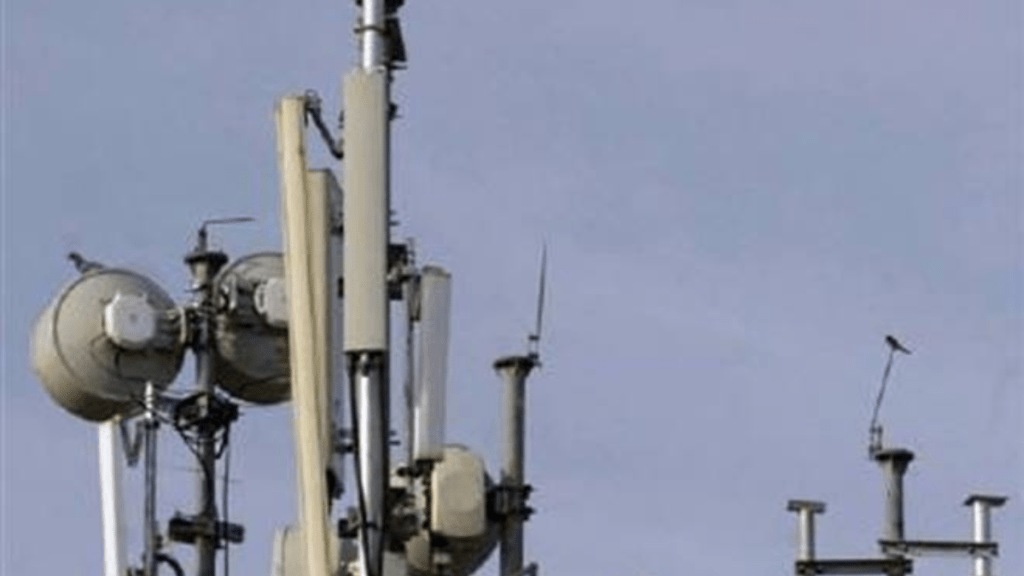The telecom regulator has issued a consultation paper for revision of the National Numbering Plan. Jatin Grover looks at the proposed changes and whether charging telecom operators a fee for releasing phone numbers would lead to better resource utilisation.
What is the National Numbering Plan?
THE UNIQUE PHONE numbers issued to mobile or landline users are governed by the National Numbering Plan. Whenever you dial any number, it gets connected to the right destination because of this numbering plan, which includes Telecommunication Identifiers (TIs). TIs ensure that communication systems accurately route calls, messages, and data to the correct destinations. The plan is the framework for managing TI resources, including allocation, assignment, and management guidelines. The Department of Telecommunications (DoT) is the custodian of TI resources, and it oversees their allocation for both fixed and mobile networks. It issues these numbers to telecom operators (telcos) free of any charges. Currently, there are 10-digit mobile numbers that begin with 9,8,7 or 6, six-to-eight-digit landline numbers, besides a series of numbers and short codes for trunk, emergency, toll-free, machine-to-machine communication, etc. The National Numbering Plan 2003 had estimated demand for 750 million telephone connections and took into account anticipated surge in demand at 50% tele-density.
Why Trai is talking about revising this numbering plan?
AS OF MARCH 31, 2024, the number of mobile subscribers alone stood at 1.19 billion. With the advent of 5G and demand from IoT devices, it is crucial to assess the utilisation of TIs and make prudent policy decisions to ensure a sustainable reservoir for the continued growth of telecommunication services, the Telecom Regulatory Authority of India (Trai) said.
Trai data suggests there are 2.54 billion numbers available with telcos for mobiles, of which,as of October 2023, 1.15 billion numbers have been allocated to subscribers. Of these, 219 million remain suspended pending disconnection. Again, over 62.8 million fixed line numbers have been allocated to telcos, of which 35.4 million numbers remain unutilised.
lWhat are the issues up for discussion?
TRAI AIMS TO examine all aspects impacting the allocation and utilisation of numbering resources along with proposing modification in the current landline numbering scheme. It has asked stakeholders about the need to revise criteria for allocation of additional number resources for landline. Currently, 50%-80% subscriber activation is required for seeking additional fixed line numbers. More stringent regulations could prevent hoarding of numbers by telcos.
Trai also asked telcos whether there is a need to introduce an appropriate definition for ‘inactive connections’ for fixed-line services. Currently, there are rules for disconnecting only non-active mobile subscribers. Using spare numbering sources, feasibility of financial disincentives for hoarding numbers or annual charge for allocation, are also among issues that will be discussed by Trai.
Is it feasible to charge telcos a fee?
IN ITS CONSULTATION paper, Trai said the numbers represent an exceedingly valuable public resource which is not infinite. “One way of ensuring judicious and efficient use of any finite public resource is by imposing charges while allocating it,” it said. It added that efficient utilisation can be further ensured by introducing penal provision for those holding numbering resources with low utilisation. Later, however, it also said that one major disadvantage is that the charges are likely to be passed on to customers by the service providers.
The allocation of numbering resources in some countries is done on a chargeable basis, covering various categories such as mobile numbering resources, vanity numbers, and numbers for national interest.
On Trai’s question about charging for numbers and penalties on non-utilisation, telcos said the same will add on to their cost and will be passed to consumers. They said the global model is not feasible for India.
Trai’s clarification & analysts’ views
COMMENTING ON THE recent reports about Trai considering fees on numbering resources and holding multiple SIM cards, the telecom regulator said there is no such intent. It said it has just released a consultation paper and will be transparent and inclusive in approach.
Even as the telcos said any charge would lead to additional costs, government officials and a section of experts said the same will lead to better management of numbering resources. It will prevent hoarding of numbers. Telcos auction vanity numbers with prices going up to `50,000. Though they pay the government a percentage of the Adjusted Gross Revenue (AGR), such actions can lead to anti-competitive practices in the market.
In fact, the Telecommunications Act, 2023 says that “the Central Government may, subject to such terms and conditions, including fees or charges as may be prescribed, allot TIs for use by authorised entities.”

